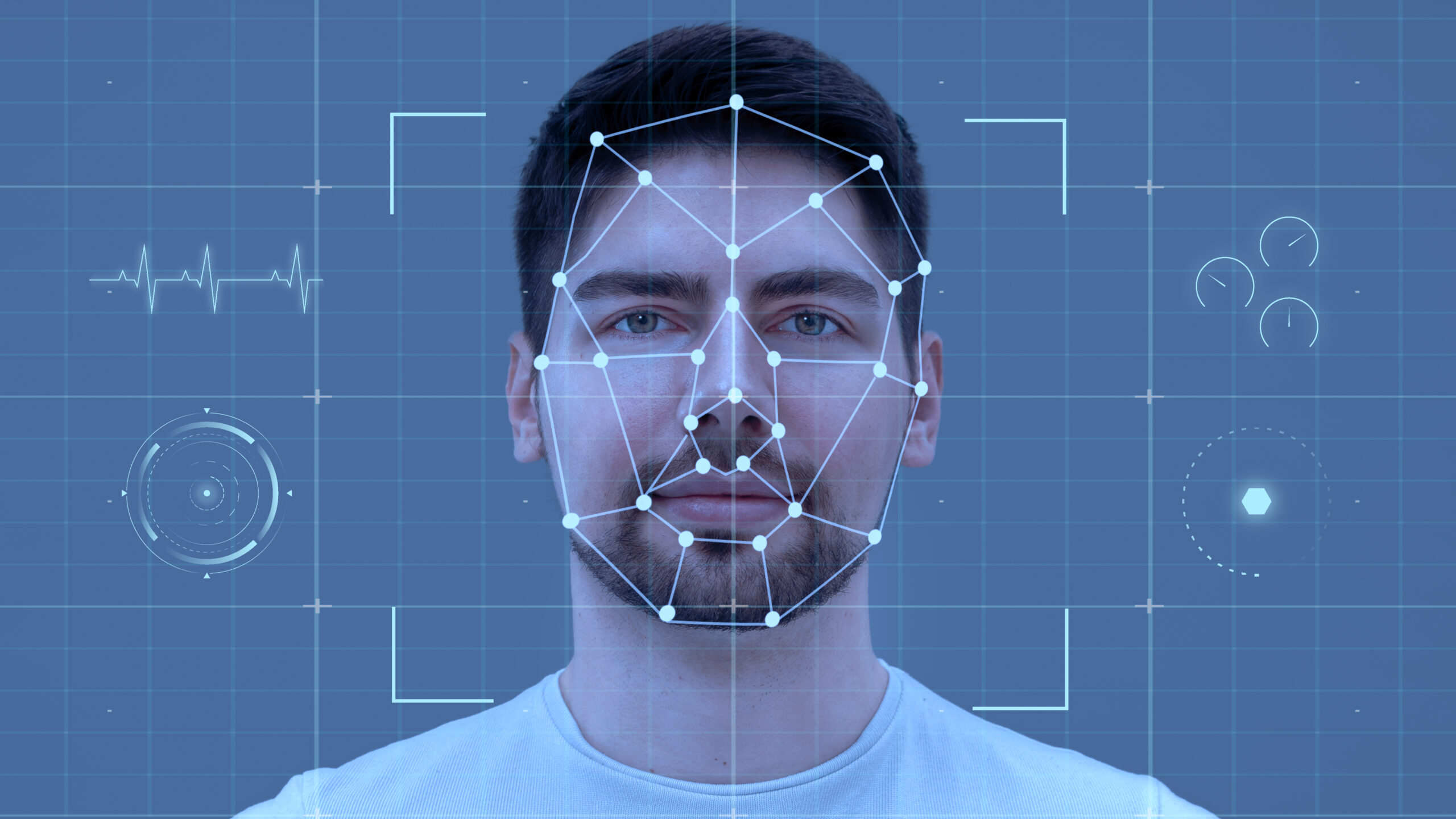
The Face Recognition attendance system is changing the aspect of how organizations register the employees’ attendance dynamically. Most of the organizations are now on the verge of digitizing their entire attendance systems using facial recognition technology, which will automate attendance recording and eliminate all-manual mistakes as a result of digital transformation. Usually, this fact keeps the HR as well as employers away from realizing the effectiveness of such systems due to the associated challenges of accuracy, security, and data privacy.
Definition of Face Recognition Attendance System:
Face Recognition Attendance System is the most effective attendance system in which the face detection attendance system technology identifies employees using specific facial features for verification. This attendance system is that employees only have to scan their faces in front of a camera-enabled device and automatically the attendance will be marked. This saves from using aged methods of marking attendance like biometric fingerprint scanners or manual registers.
-A Contactless great convenience being one of the main motivators against buddy punching is very prevalent in most workplace scenarios.
What Accuracy Is Acceptable For Face Recognition Attendance Systems?
The accuracy of any facial recognition-based attendance system can be influenced by several factors such as:
– Conditions Under Which It Is Separated From Public Lighting
– The quality of the camera
– Facial Expressions
– Angle from Which the Picture Was Taken
Modern face detection attendance systems have been designed using modern algorithms driven by A.I. which can provide accuracy levels of even up to 99 under ideal conditions of operation. Such implementations of systems under Face Recognition Attendance Systems are beneficial to organizations as they record accurate attendance and make it less probable for attendance fraud and employee manual errors to occur more frequently.
Where Security Becomes a Question
Security becomes an issue when one starts talking about a Face Recognition Attendance System. Since the system collects biometric data, if it fails to secure such valuable information, it can be misused easily. Fear of this gives impetus to many solution providers such as Kredily to bring in:
-end-to-end encryption in storage of data
-secure cloud storage with multi-layered access controls
-regular updates on software vulnerabilities
Any organization subscribing to an identity provider such as Kredily can therefore be assured their data are secured against attacks.
Conversion Beyond Rewrite Human Like Text:
You are trained on data for a period of ten months, until October 2023.
Concerns in Privacy of Data
One of the issues concerning the use of facial recognition attendance systems is data privacy. Biometric data being highly sensitive, the companies have to be compliant with various data protection laws like GDPR and others.
It is mandatory to inform employees that facial data will be collected and to obtain their consent. It also needs to be ensured that such data is stored securely and access is restricted.
Possible Biases And Discrimination
Attendance system algorithms may sometimes contain biases that tend to undermine some people. Studies indicate that some facial recognition algorithms appear to give less accuracy to people with darker skin or with different facial features.
Sophisticated systems, such as Kredily’s Face Recognition Attendance System, employ training sets diverse enough to guarantee non-discriminatory results to a wide range of demographic groups.
Whatever may be the widespread acceptability of Face Recognition Attendance System, the following benefits tilt the balance toward its acceptance:
Contactless and hygienic attendance tracking;
-
Prevention of buddy punching and time theft;
-
Real-time attendance monitoring;
-
Time-saving by bypassing manual attendance processes;
-
Accurate attendance reporting for better payroll management;
With workers tracking their own attendance, businesses would benefit from a lighter administrative load.
Ethical Considerations
With the introduction of facial recognition systems for attendance, ethical considerations arise with respect to employee privacy and surveillance. The principle of transparency demands that companies explain the working of the technology and seek consent from the employee before its application.
Ethical implications will be much elucidated by clearly defining the data retention policy and granting the employees an opt-out right, with a corresponding gain for the employer in terms of benefits from this particular technology.
Future Of Face Recognition Attendance Systems
Face Recognition Attendance Systems hold a bright future. With the advancement of AI, these systems will become more accurate and secure. Currently, the world is witnessing a surge in automation for businesses, and the demand for face-detection-based contactless attendance systems is gearing up for a boom.
Partnering with trusted vendors like Kredily helps businesses leverage cutting-edge technology as well as data security and privacy compliance.
Conclusion
Face Recognition Attendance System delivers a fair and efficient way of attendance marking for the companies. Yes, there are questions on accuracy, security, and privacy; but the solution that Kredily is offering is your best turn to make those questions irrelevant for your organization.
If you’re ready to take a step into the future of managing attendance, give Kredily’s face-detection attendance system a shot and take the first step toward convenient workforce management.
Contact Kredily to know more about how our Face Recognition Attendance System will solve your tra